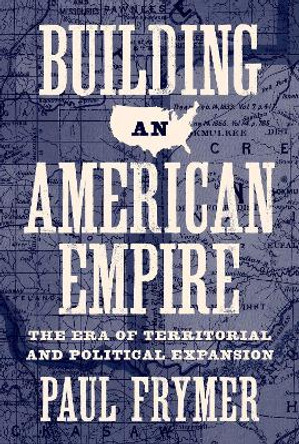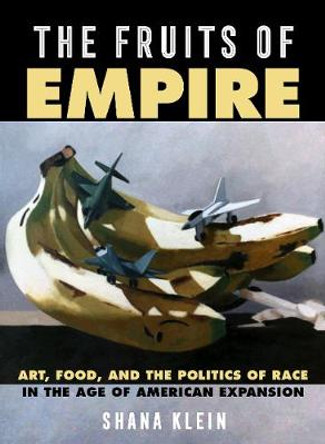Description
How American westward expansion was governmentally engineered to promote the formation of a white settler nation
Westward expansion of the United States is most conventionally remembered for rugged individualism, geographic isolationism, and a fair amount of luck. Yet the establishment of the forty-eight contiguous states was hardly a foregone conclusion, and the federal government played a critical role in its success. This book examines the politics of American expansion, showing how the government's regulation of population movements on the frontier, both settlement and removal, advanced national aspirations for empire and promoted the formation of a white settler nation.
Building an American Empire details how a government that struggled to exercise plenary power used federal land policy to assert authority over the direction of expansion by engineering the pace and patterns of settlement and to control the movement of populations. At times, the government mobilized populations for compact settlement in strategically important areas of the frontier; at other times, policies were designed to actively restrain settler populations in order to prevent violence, international conflict, and breakaway states. Paul Frymer examines how these settlement patterns helped construct a dominant racial vision for America by incentivizing and directing the movement of white European settlers onto indigenous and diversely populated lands. These efforts were hardly seamless, and Frymer pays close attention to the failures as well, from the lack of further expansion into Latin America to the defeat of the black colonization movement.
Building an American Empire reveals the lasting and profound significance government settlement policies had for the nation, both for establishing America as dominantly white and for restricting broader aspirations for empire in lands that could not be so racially engineered.
About the Author
Paul Frymer is professor of politics and director of the Program in Law and Public Affairs at Princeton University. He is the author of Uneasy Alliances: Race and Party Competition in America and Black and Blue: African Americans, the Labor Movement, and the Decline of the Democratic Party (both Princeton).
Reviews
"Winner of the 2018 J. David Greenstone Book Prize, Politics and History Section of the American Political Science Association"
"Winner of the 2018 Distinguished Contribution to Scholarship, Political Sociology Section of the American Sociological Association"
"Groundbreaking. . . . The book's central contribution is to show how the adaptations of American institutions intersected with America's racial orders.. . . . It will be essential reading for scholars and students, graduate and undergraduate, of APD, American politics, and of the legacies and contemporary practices of settler colonialism in other countries."---David Bateman, Journal of Politics
"Paul Frymer has written one of the best available accounts of the United States' long and troubled history as a white settler nation. For anyone wanting to know why that particular form of nationalism continues to resonate so forcefully today, Building an American Empire should be required reading."---Eliga Gould, Diplomatic History
"Building an American Empire is, in short, a terrific book-important, thoughtful, provocative, and seminal."---Todd Estes, American Political Thought
"Paul Frymer's excellent new book interrogates our most enduring myth-the Taming of the West-and in its place delivers a rich analysis of how U.S. leaders decided which territories and peoples would be included in the American civilizational project. His account puts original insights about space and race . . . at the center of our national story."---Thomas Ogorzalek, Political Science Quarterly
"Building an American Empire is a valuable contribution to the conversation on the rise of the American national state."---William H. Bergmann, American Historical Review
Book Information
ISBN 9780691191560
Author Paul Frymer
Format Paperback
Page Count 310
Imprint Princeton University Press
Publisher Princeton University Press









